Affiliate links on Android Authority may earn us a commission. Learn more.
Hands-on: ASUS ZenFone 5 has iPhone X-style notch and dubious AI features
February 27, 2018
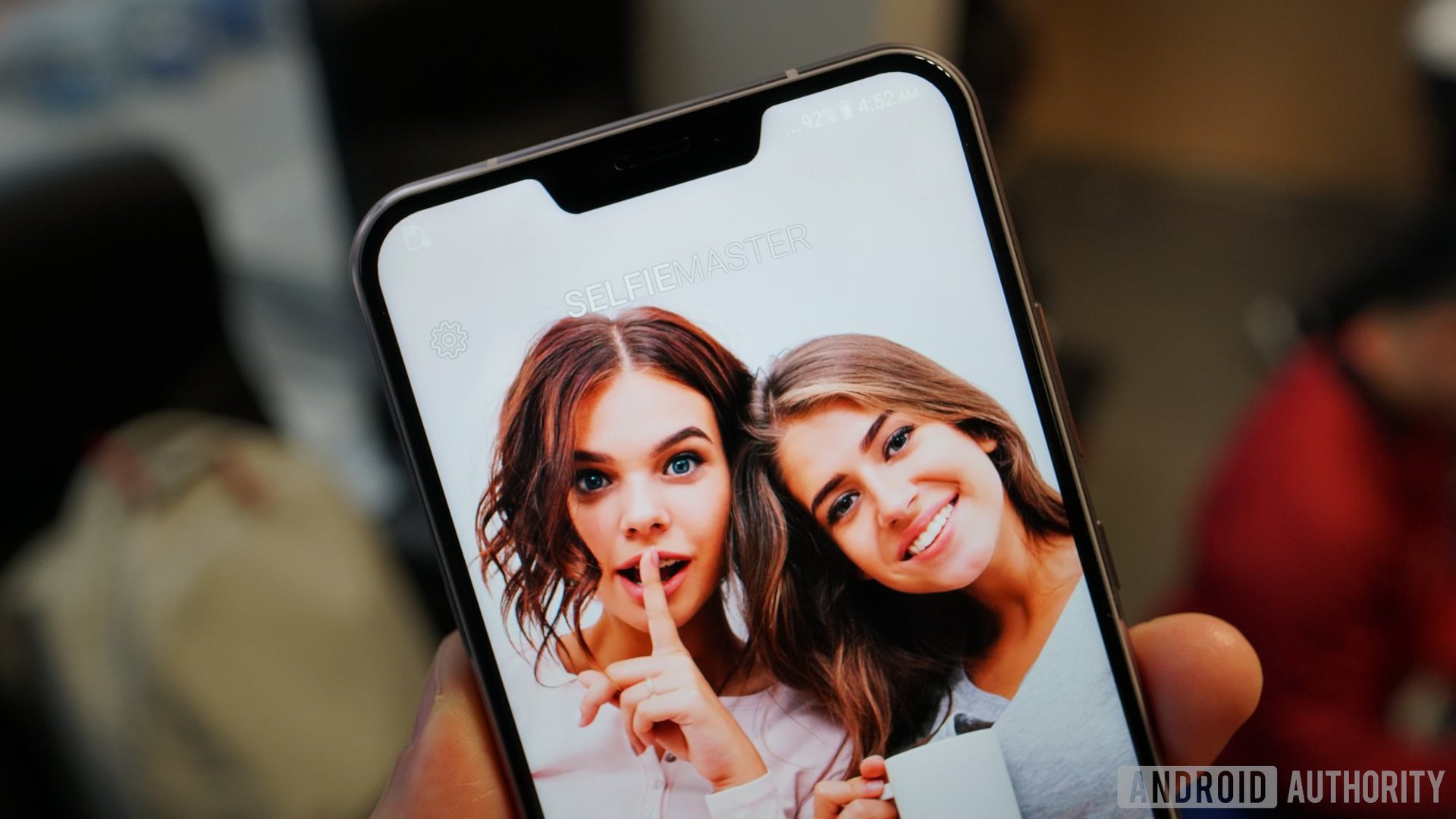
Editor’s note: This is not the first ASUS phone called ZenFone 5. The original was launched in 2014.
Day two of MWC 2018 brought us a bit of a surprise — new devices from ASUS.
In addition to the premium ZenFone 5Z, the Taiwanese manufacturer introduced the new ZenFone 5 and ZenFone 5 Lite (the ZenFone 5Q in North America). Here’s what to need to know about them!
ZenFone 5 has a notch, natch

The most striking thing about the ZenFone 5 sits at the top of its screen. Yes, it’s a notch and it looks an awful lot like the one on the iPhone X.
Trying to justify this controversial design decision, ASUS representatives told media gathered at a pre-briefing yesterday that it’s just a matter of giving customers what they want. ASUS thinks that the notch is already an established trend that would be foolish to ignore.
ASUS has a point. Some Android manufacturers, most notably Huawei, have already jumped on the notch bandwagon. We think more will follow, thanks to Apple’s influence, but also due to the rise of bezel-less screens.
The ZenFone 5 doesn’t feature a laser facial scanner, so its notch only houses the front camera, earphone and proximity sensor. The sides of the screen extend to the edges of the phone, which definitely gives it a striking look. The bezel at the bottom is a bit larger though.
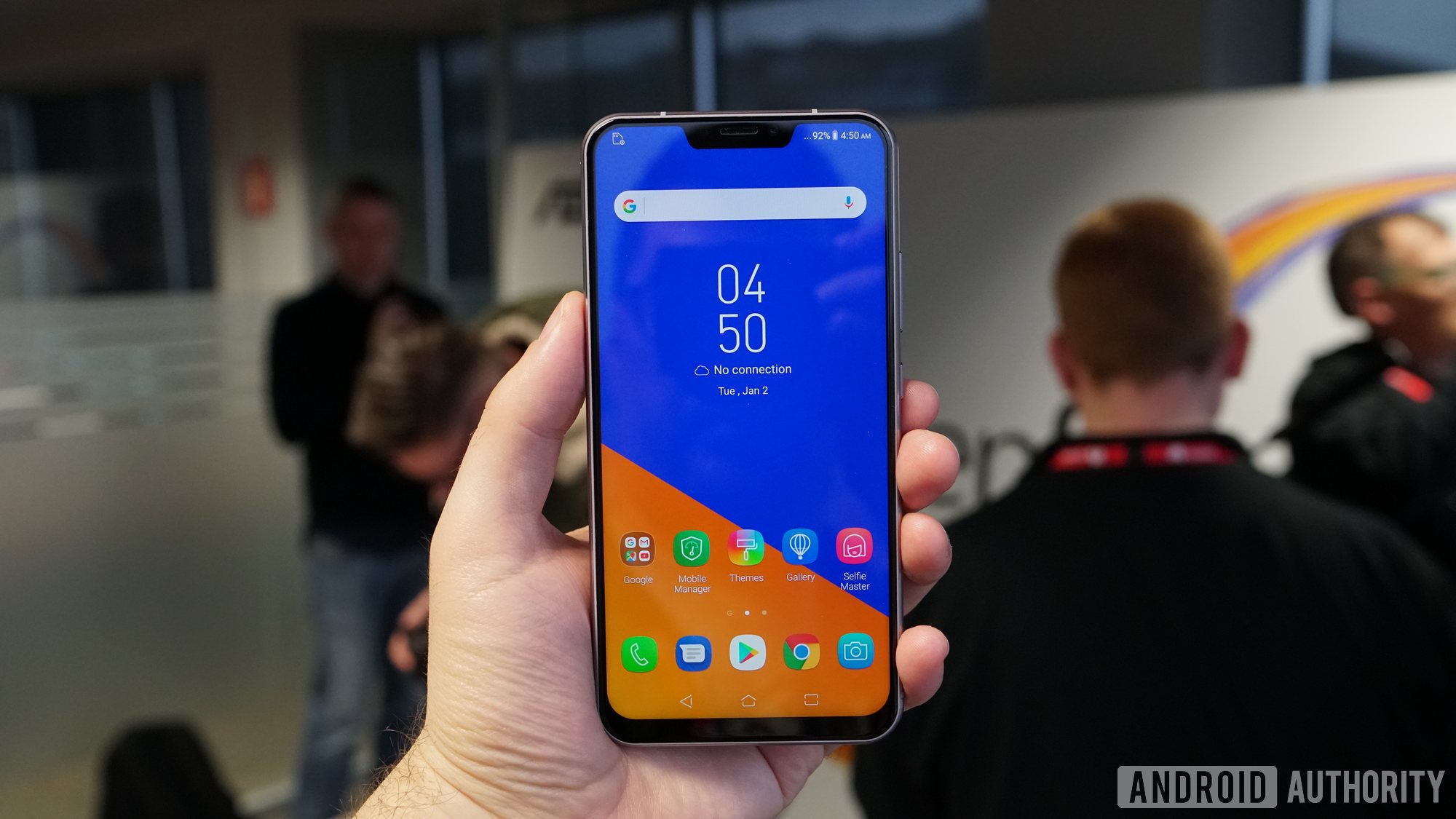
When the status bar is black, the notch becomes effectively invisible, but it eats up some of the space normally used to display notifications and status icons. As you can see in the image below, ASUS’ solution to the problem is pretty inelegant.
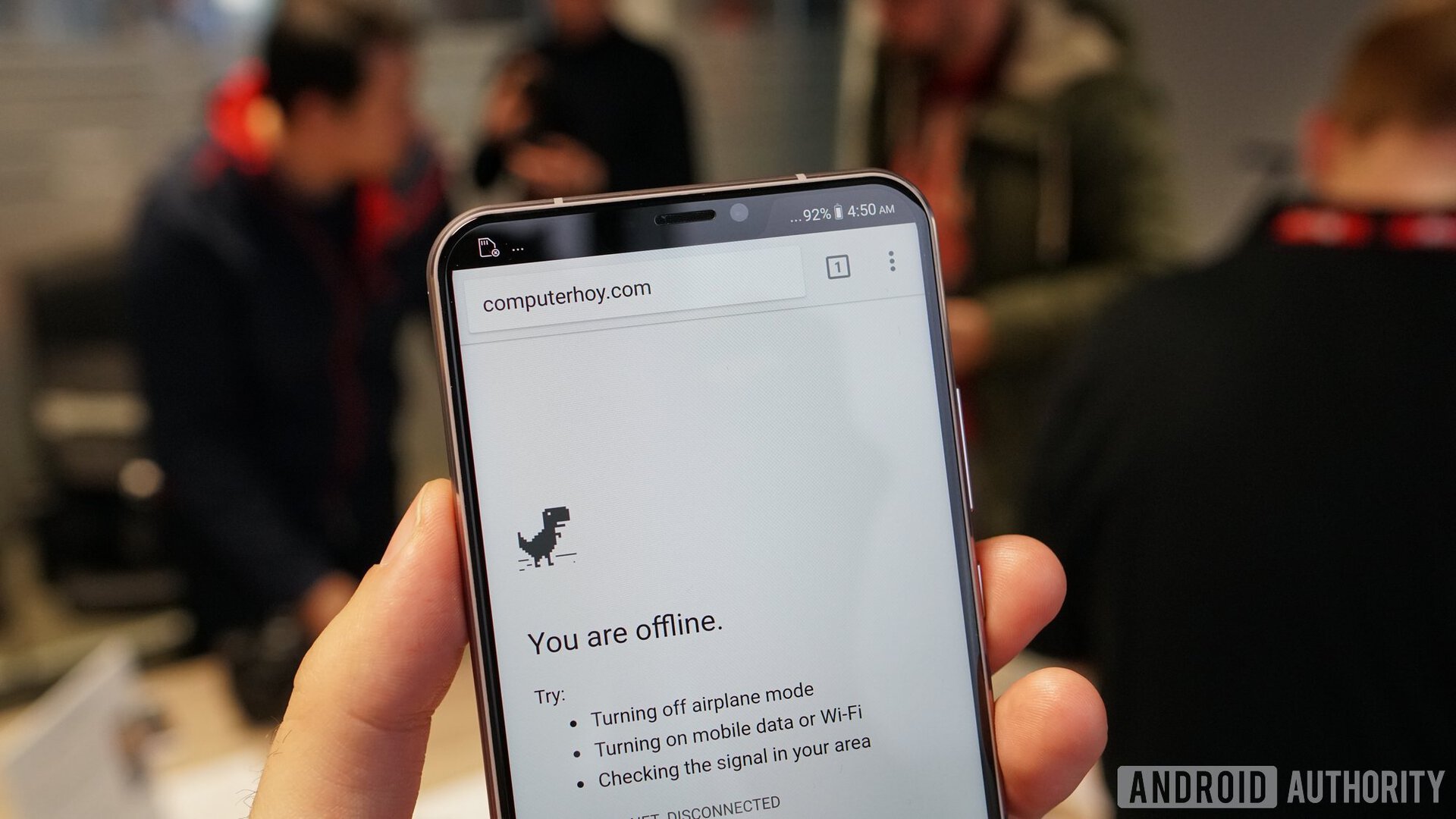
Icons that don’t fit are simply replaced with an ellipsis (…), so you won’t be able to see at a glance whether your Wi-Fi or Bluetooth are active, or whether your alarm is set or not.
Upper mid-range specs
The ASUS ZenFone 5 is powered by a Snapdragon 636 processor with eight 14nm cores, two of which are Qualcomm’s custom Kryo cores. This SoC is pretty new — only announced in October 2017 — but, as the 600-series designation suggests, it’s not a flagship processor. ASUS makes it up with the use of either 4 or 6 GB RAM, which is more than many flagships. Both versions have 64 GB of storage.
The 6.2-inch IPS LCD screen is Full HD+ (2246 x 1080) and gets quite bright at 500 nits. Its color range meets over 95 percent of the NTSC gamut. Like older ASUS smartphones, the screen also supports glove mode.
You get a 3,300 mAh battery, with a couple ASUS software additions which supposedly improve its longevity. Dubbed AI Charging, the feature keeps the battery from charging to 100 percent overnight, in order to extend its longevity. The phone knows when you’re supposed to wake up and ensures the battery charges to 100 percent for when you need it. More about AI Charging and other so-called AI features below.
Dual camera with wide angle lens
Like numerous other manufacturers, ASUS adopted dual cameras for the ASUS ZenFone 5. The secondary camera has a wide-angle lens, much like the LG’s V series, which allows you to capture wider scenes. This is useful for group shots, close-ups and landscapes, but ASUS also uses the secondary camera for its own take on Portrait mode, which is supposed to provide that blurred background effect, or bokeh, everyone likes.
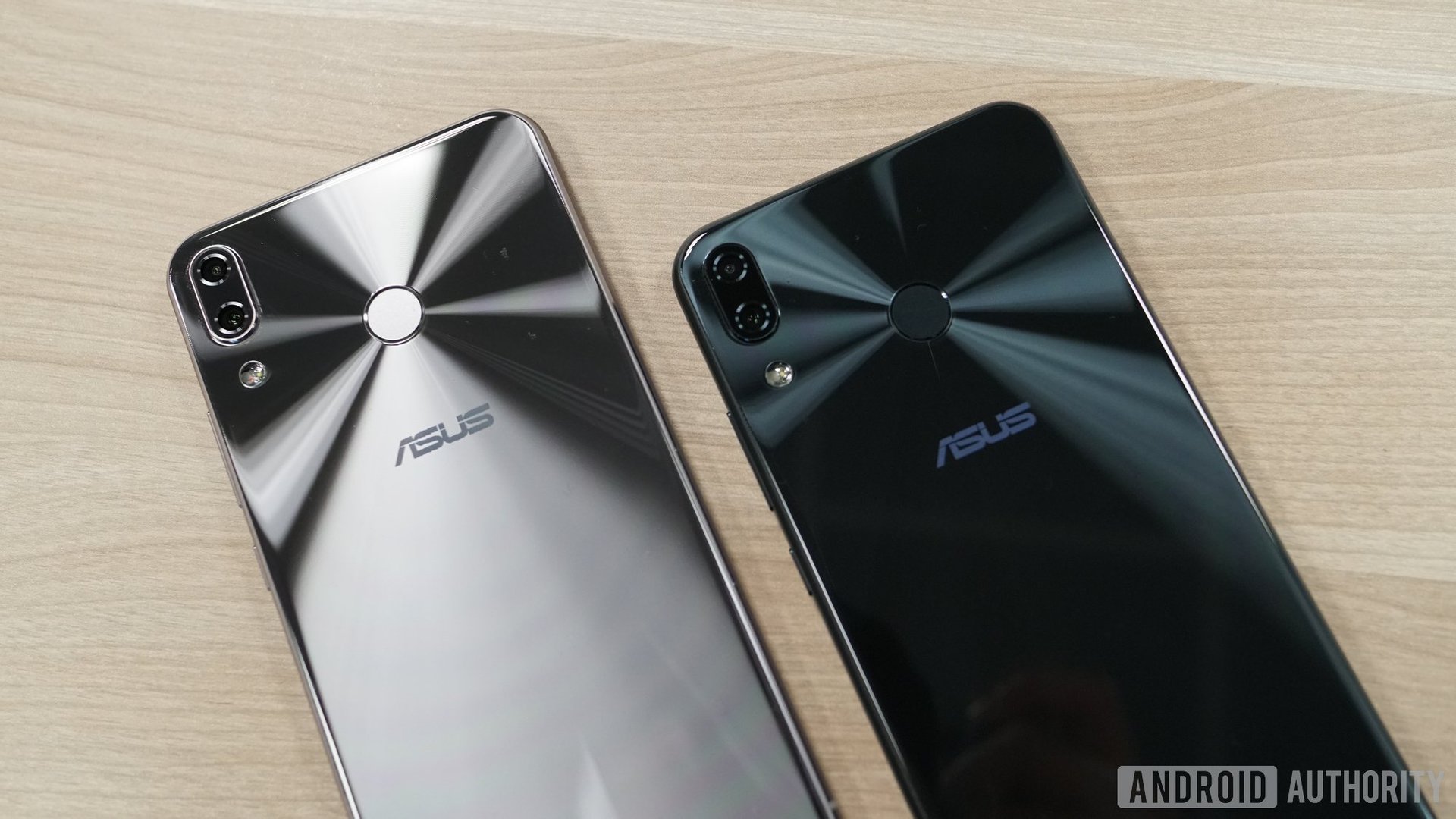
The main rear camera is a 12 MP unit featuring a Sony IMX 363 processor, with an f 1.8 aperture and 83-degree field view. The secondary camera has a 200-degree field of view. The front facing camera has a single 8 MP lens, unlike the ZenFone 5 Lite, which comes with dual cameras on the front and back.
Software features include the self-explanatory Scene Detection, Photo Learning, and Beautification.
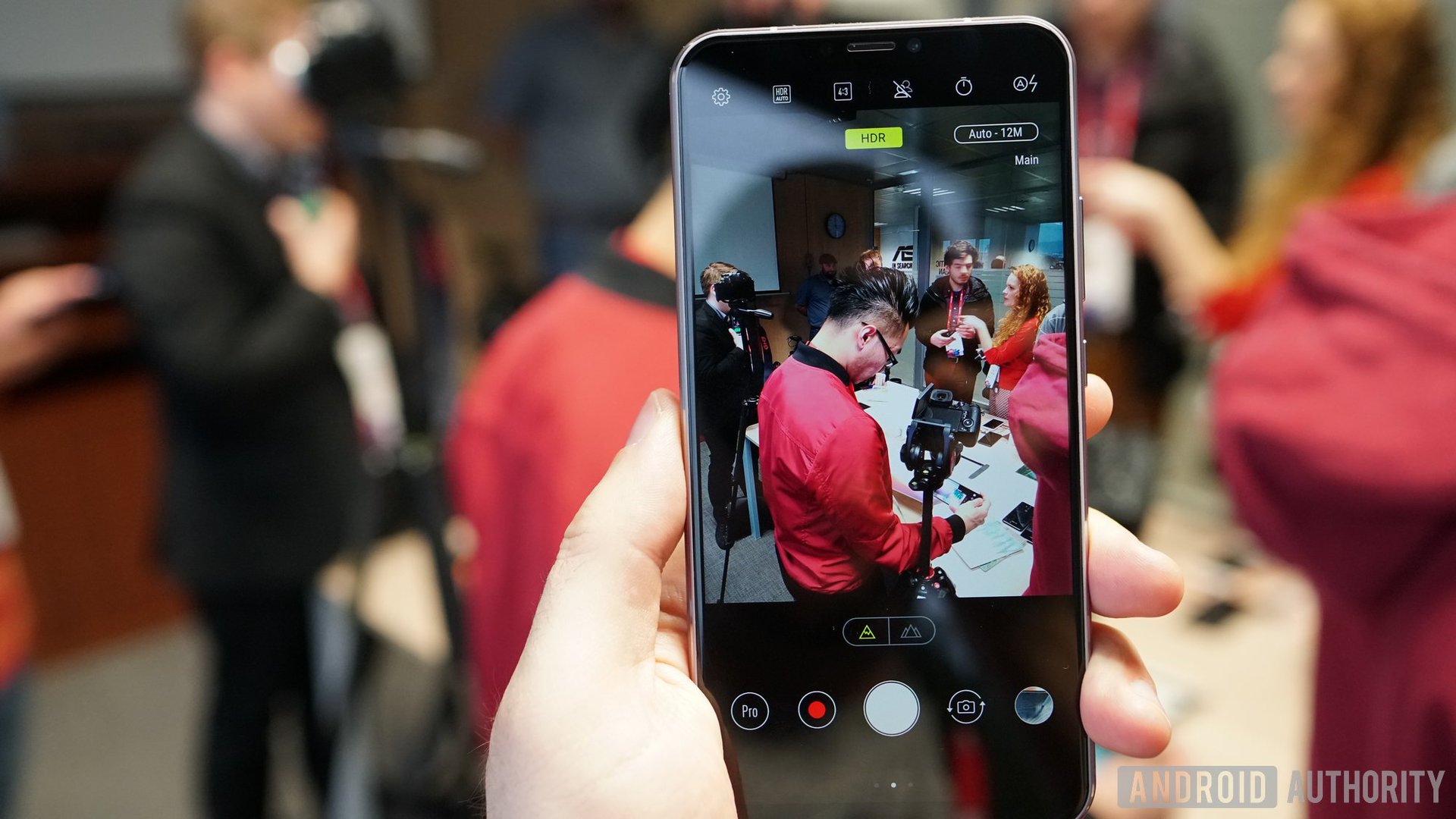
Extra loud audio
ASUS reps played the little-known song Despacito on the ZenFone 5, the Galaxy S8, and Google Pixel 2, and the difference was clear. The ZenFone is much louder and its sound is deeper, though the speakers sacrifice a little clarity on the high end compared to the competitors.
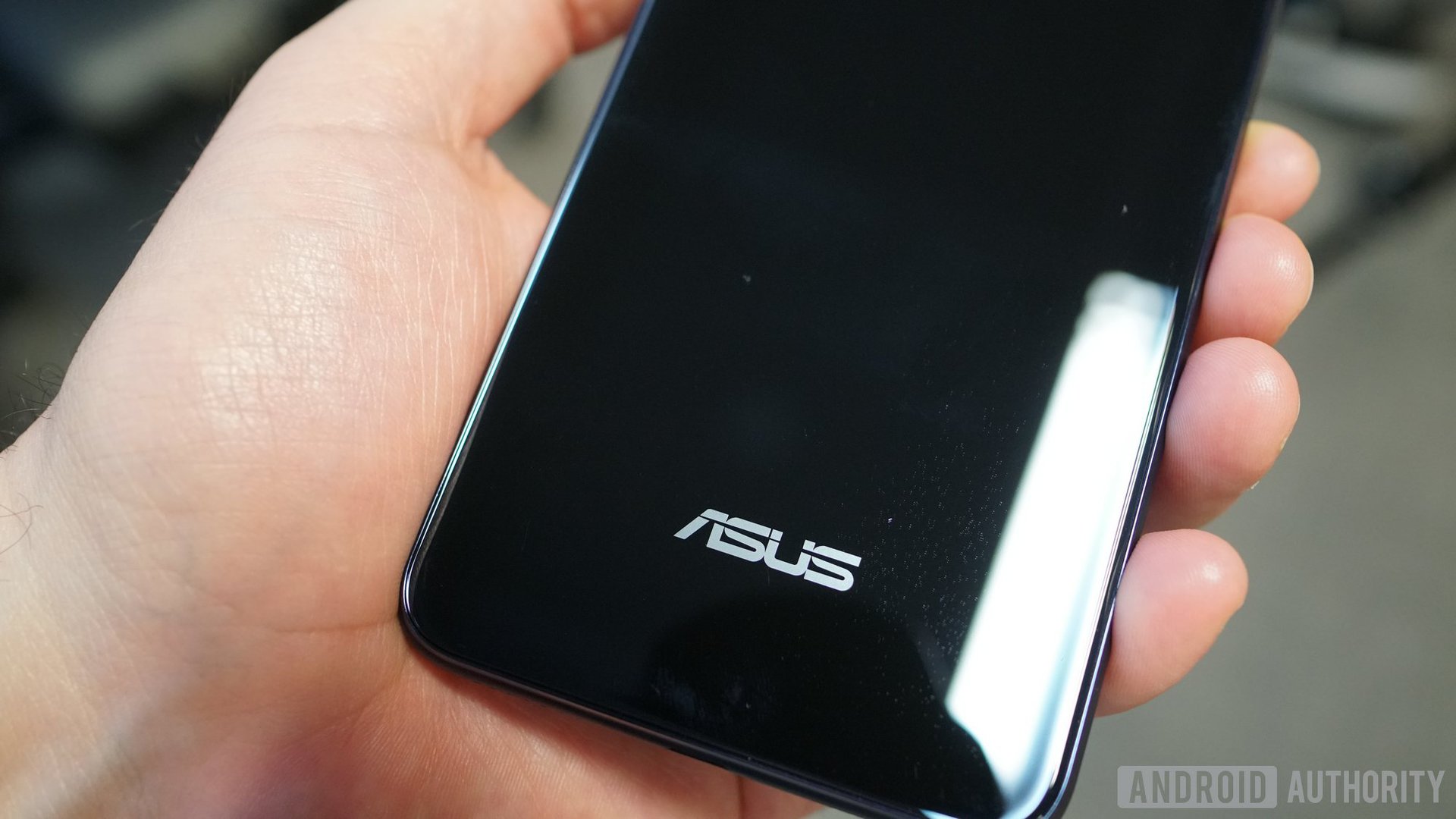
The loud sound is achieved thanks to the larger bottom speaker (41 percent larger than on ZenFone 4) and earphone (25 percent larger), as well as the dual amp with DTS Headphone:X surround sound tuning. Yes, there’s also a 3.5 mm headphone jack at the top of the phone.
AI, but not really
Unoriginal as it may be, the notch may not be the most offensive thing about the ZenFone 5. That distinction goes to its heavy use of the term “AI,” as an empty buzzword.
ASUS boasts that the ZenFone 5 includes numerous AI features, including AI Display, AI Charging, AI Scene Detection, AI Portrait, and AI Boost. However, during our pre-briefing the company admitted none of these features actually use machine learning or other techniques used in actual artificial intelligence development.
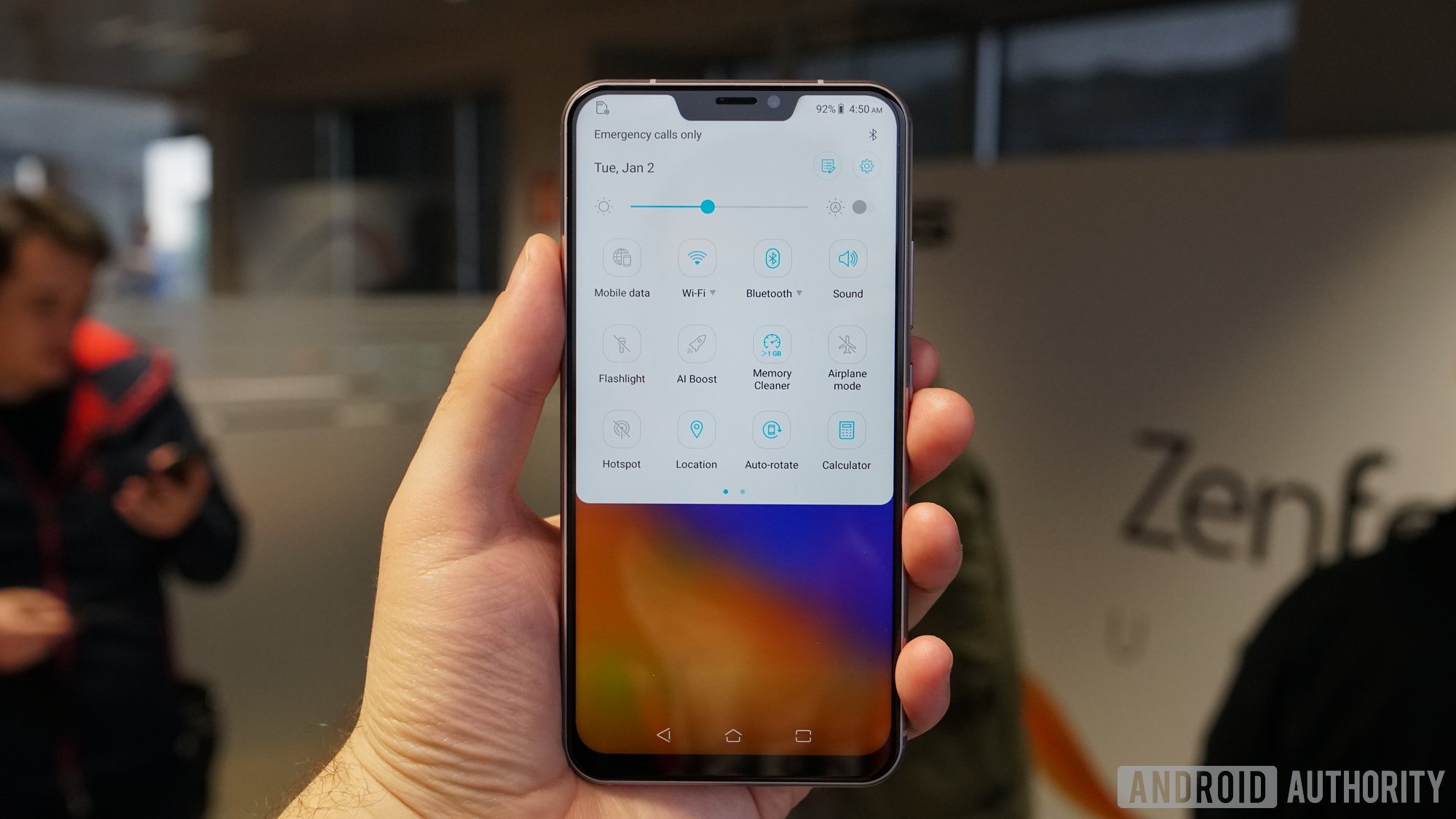
By using the term “AI” as a stand-in for “smart,” ASUS empties it of any meaning. It’s also misleading to customers, seeing how other companies — Google, first and foremost — are actually adding real AI-based features to their products and services.
ASUS ZenFone 5 Lite/5Q
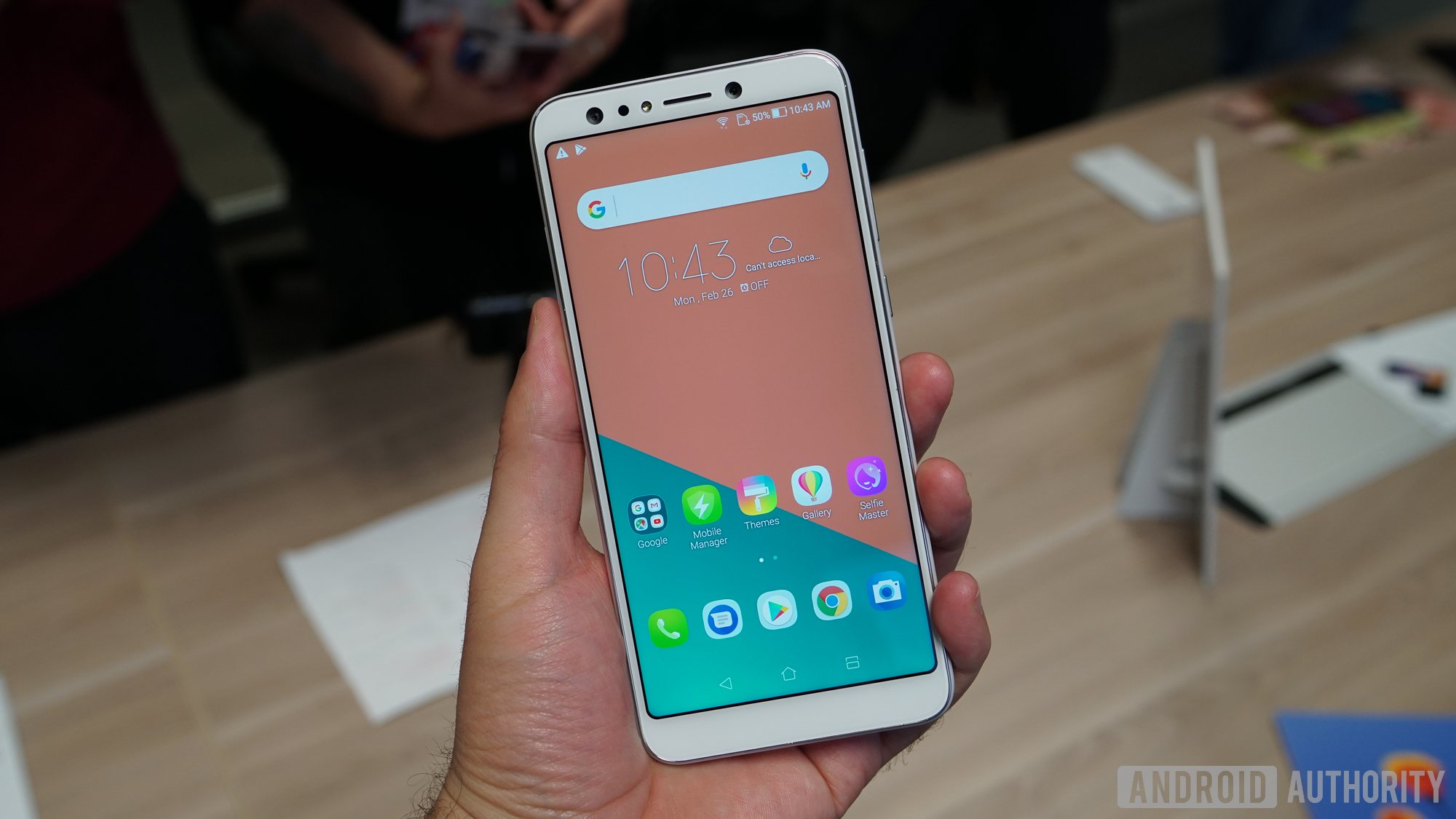
Keeping with tradition, ASUS will release multiple devices in the ZenFone 5 range, including the ZenFone 5 Lite. The handset will be known as the ZenFone 5Q in the US.
The ZenFone 5 Lite looks a lot like the ZenFone 5, sharing the same high-sheen finish and general appearance, but foregoes the notch on the front. Instead, the display is a standard 18:9 LCD panel, with decently-sized bezels and a slightly smaller 6-inch Full HD+ resolution.
The ZenFone 5 Lite is all about photography. It comes with dual cameras on the front, as well as on the back, with wide-angle 120-degree secondary lenses on both sides. The main camera on the front is a whopping 20 MP and the one the back is 16 MP.
The battery is 3,300 mAh and the device runs Android 8.0 Oreo out of the box.
Price and availability
The ASUS ZenFone 5 will be available in Midnight Blue and Meteor Silver starting from April 2018. At the time of this writing, ASUS has not shared any pricing and availability details for the ZenFone 5 Lite (5Q in North America)
More coverage
Check out our other ASUS content from MWC 2018:
Let us know your thoughts!
Thank you for being part of our community. Read our Comment Policy before posting.